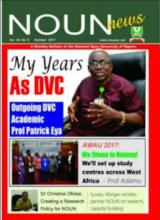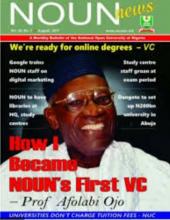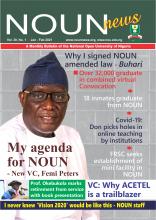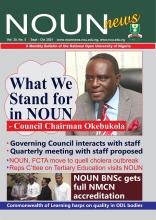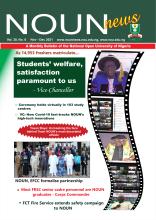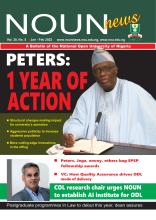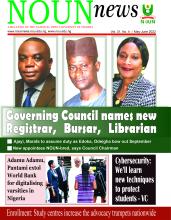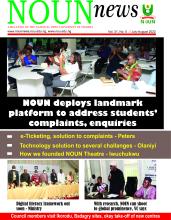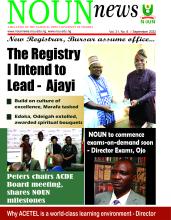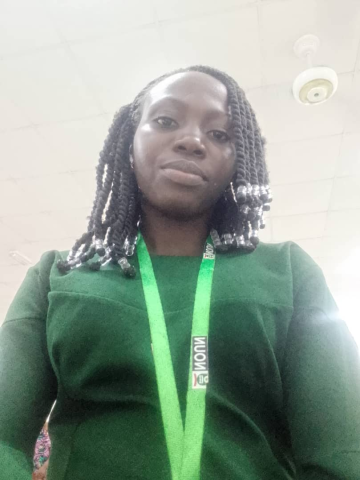
The bus rattled along the dusty road, its frame groaning at every pothole. Ayo pressed his forehead to the window, watching fields stretch endlessly, broken only by palm trees swaying in the dry breeze.
Seven years had passed since he left for Lagos—seven years of city noise and restless ambition. Now, at twenty-five, degree in hand, he returned not in triumph but under the shadow of his grandfather’s death.
The village of Oke-Odo emerged like a memory unwilling to fade. Children ran barefoot, their laughter mixing with the bleating of goats. Women balanced baskets of yams on their heads; old men sat beneath the iroko tree, voices heavy with politics. The scene was unchanged, yet Ayo felt like a stranger entering a story already half-told.
At his grandfather’s compound, the air smelled of smoke and earth. Relatives mourned and gossiped in equal measure. When the rites ended, Ayo was led into the hut his grandfather once called his own.
Against the far wall sat a wooden chest—scarred, brass lock gleaming faintly.
His heart lurched. Childhood warnings echoed: Never open it. Now it was his, with a note in shaky handwriting:
“For Ayo. The truth you seek is inside.”
That night, with the compound silent, Ayo unlocked the chest. A breath of dust and aged paper rose as he lifted the lid. Inside lay folded letters, sepia photographs, and a leather-bound journal cracked with age.
He lifted a photograph: young men stood together, stern, some holding machetes, others with fists raised. At the center was his grandfather—eyes fierce, jaw set. The letters, bound with fraying string, carried urgent words from the 1940s: “The meeting must be moved.” “They watch us closely.”
The journal’s first page:
“If tomorrow belongs to freedom, today must carry sacrifice.”
Ayo read late into the night. The journal revealed forest meetings, coded messages hidden in kola nut sacks, and whispers of betrayal. His grandfather was no simple farmer but a fighter.
One entry read:
“Musa has been taken. The white men were waiting. Someone among us has betrayed the cause.”
Another:
“Tonight, we buried Chike. He fell because a friend’s tongue wagged in secret. If I remain silent, his sacrifice dies with him. But if I speak, I may tear apart all we have built. Time will judge me.”
The words struck Ayo like a wound reopened. Who among the revered elders had carried this stain?
Then, on a hurried page:
“The betrayer walks among us, respected, trusted, even praised. One day, his face will smile in the open, pretending innocence.”
The next page was torn. But among the letters was one with a familiar signature—Chief Olumide Adeyemi.
Ayo froze. Adeyemi—the pillar of wisdom, now running for office. The letter promised “continued cooperation” with the British and the “removal of disruptive elements.” Carefully phrased, but damning.
Ayo’s chest tightened. To expose Adeyemi would fracture the village. To stay silent would betray his grandfather’s sacrifice.
Days later, the village square filled. Chief Adeyemi sat in the front row, agbada shining, smile assured. Ayo stepped forward, journal in hand.
“My grandfather’s chest held more than memories,” he began. “It held truths buried for decades— truths of men who fought for freedom, and those who sold it for personal gain.”
Murmurs rippled. Adeyemi shifted, still smiling.
Ayo read aloud the journal, then held up the letter. “This was written by the man who betrayed them. That man is Chief Olumide Adeyemi.”
The name cracked the air. Some gasped, some cursed, others denied it. Adeyemi thundered back, calling Ayo a liar. Yet the journal and letters weighed against his protests.
“The past does not vanish because we ignore it,” Ayo declared. “If we want a better tomorrow, we must face yesterday’s echoes, no matter how painful.”
The crowd erupted, the village unity fractured. Some defended Adeyemi, some demanded answers, friendships splintered. But the silence of decades had been broken.
Weeks later, Ayo carried the journal to Lagos, where a publisher agreed to print it. The book—The Echoes of Yesterday—spread through classrooms and marketplaces, a mirror to the nation’s hidden past.
One afternoon, Ayo passed children reading beneath a mango tree. Their voices stumbled over the words until they reached his grandfather’s line:
“If tomorrow belongs to freedom, today must carry sacrifice.”
They fell silent, the weight of history pressing on their young shoulders.
Ayo watched quietly, chest tight with pride and sorrow. His grandfather’s voice was alive again—not trapped in a chest, not buried in silence, but carried forward by a new generation.
The echoes of yesterday had found their answer—in the voices of tomorrow.
Ganiu Blessing
NOU244263175
Department of English
Faculty of Arts
- Log in to post comments
- 74 views

